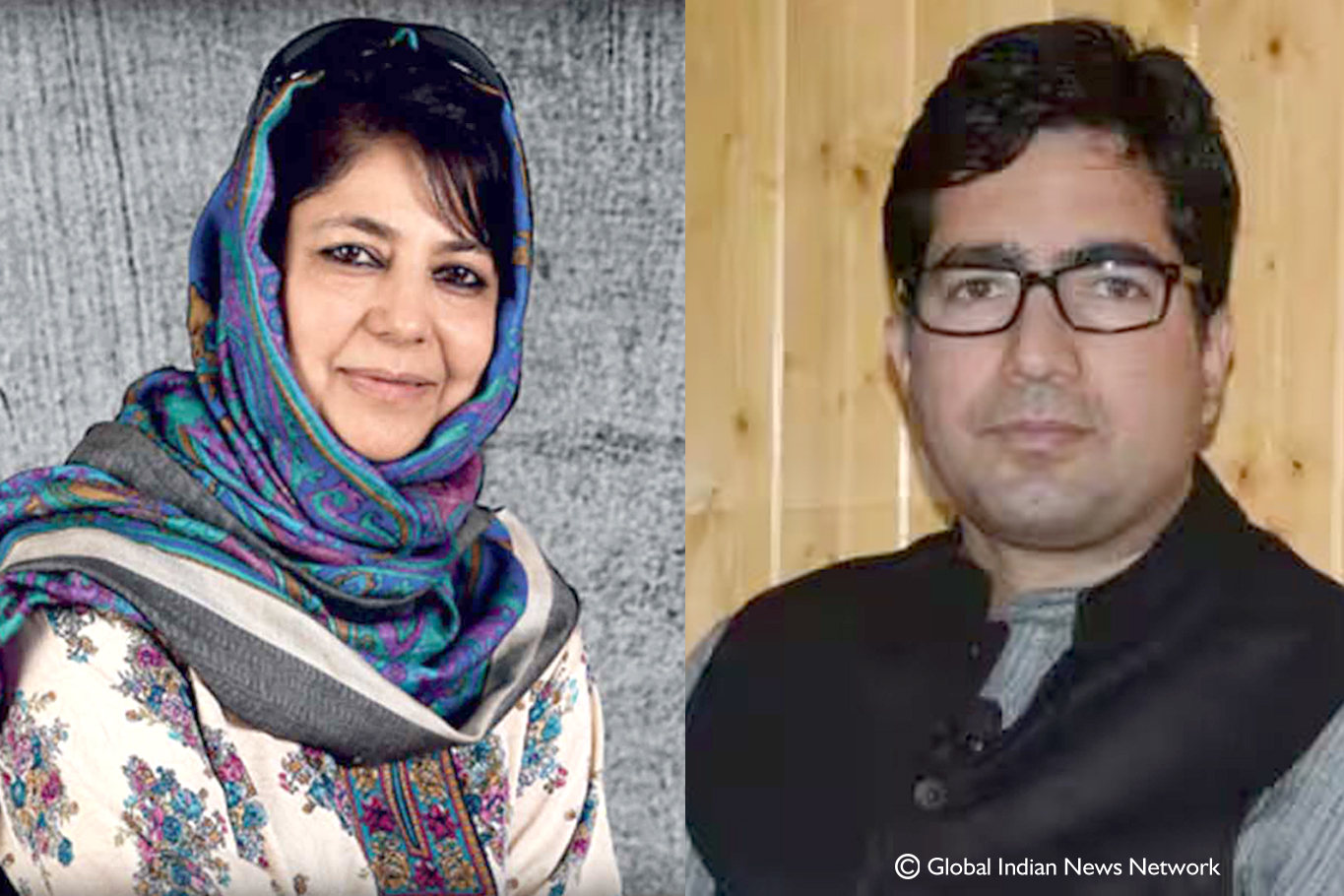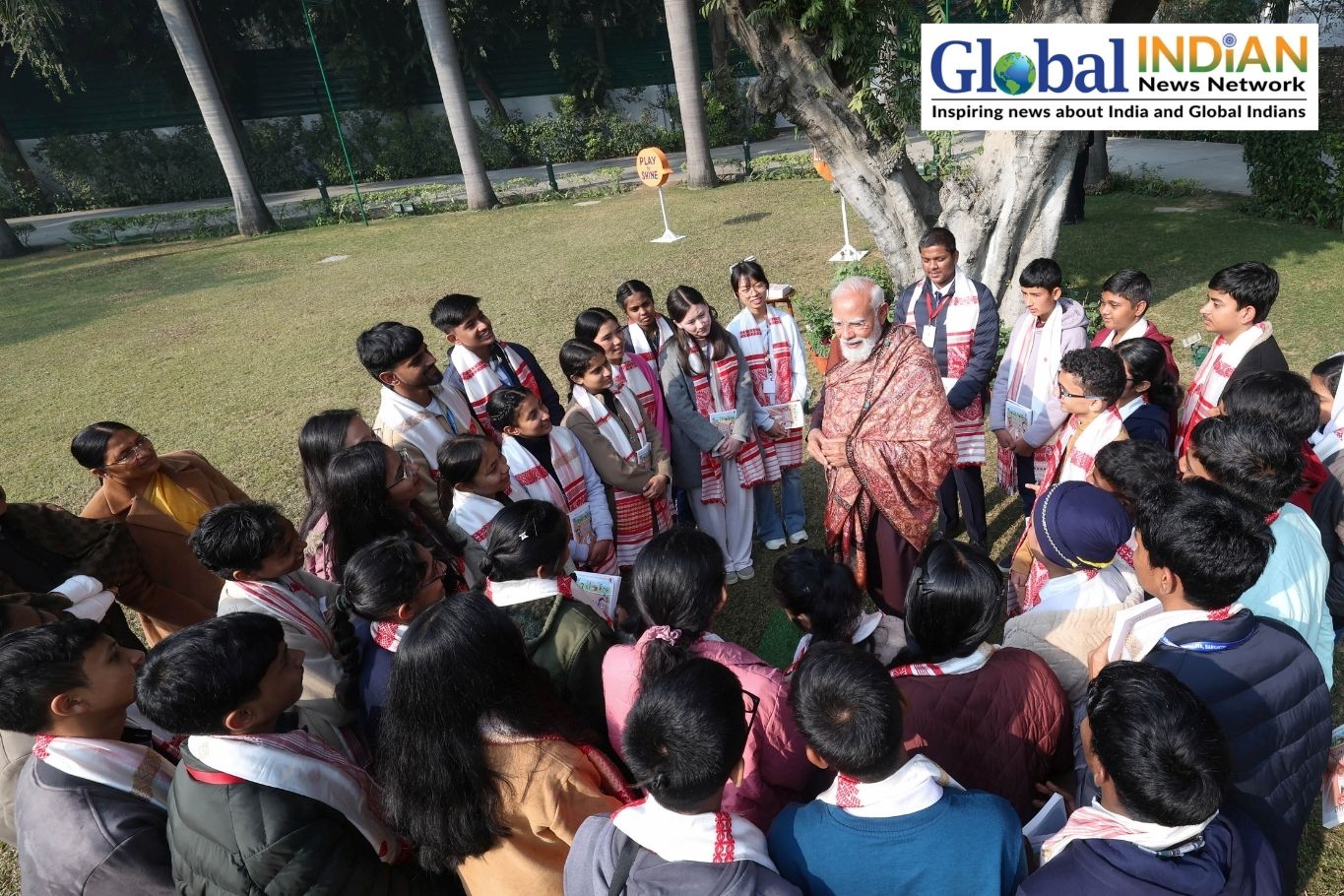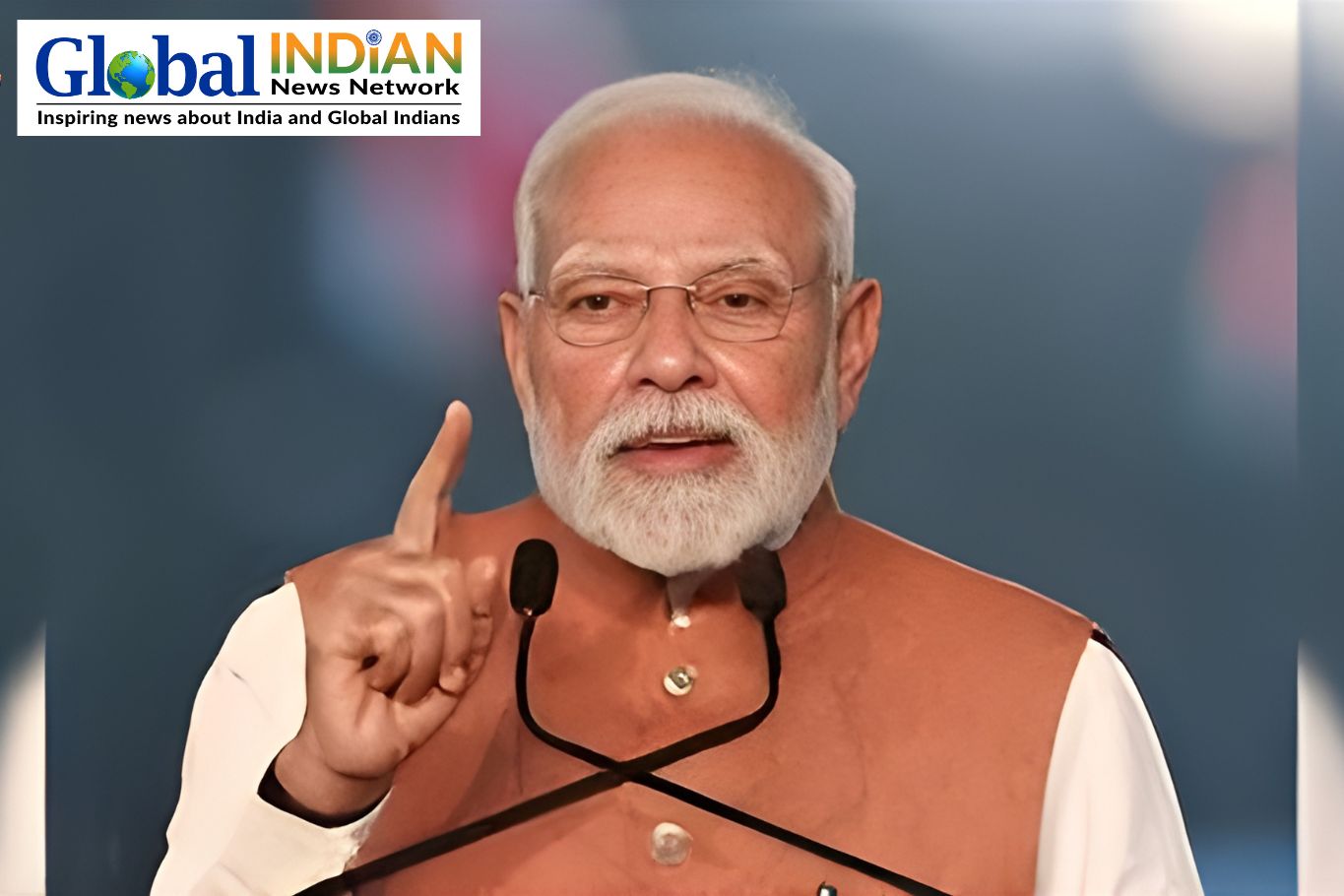 The appointment of Rishi Sunak as the first Hindu, Indian-origin Prime Minister of the United Kingdom has been a source of excitement and national pride for many Indians. However, critics of Indian democracy have rejected these celebrations, arguing that India does not allow its minorities to rise to top positions. Former Chief Minister of Jammu and Kashmir, Mehbooba Mufti, went so far as to claim that Indian laws are discriminatory and hinder the growth of minorities in positions of power.
The appointment of Rishi Sunak as the first Hindu, Indian-origin Prime Minister of the United Kingdom has been a source of excitement and national pride for many Indians. However, critics of Indian democracy have rejected these celebrations, arguing that India does not allow its minorities to rise to top positions. Former Chief Minister of Jammu and Kashmir, Mehbooba Mufti, went so far as to claim that Indian laws are discriminatory and hinder the growth of minorities in positions of power.
In a tweet, Mufti stated, “It’s a proud moment that the UK will have its first Indian-origin PM. While all of India rightly celebrates, it would serve us well to remember that while the UK has accepted an ethnic minority member as its PM, we are still shackled by divisive & discriminatory laws like NRC & CAA.”
However, IAS officer Shah Faesal, known for his achievements, disagreed with Mufti. In a strongly-worded tweet, Faesal expressed, “It’s possible only in India that a Muslim youngster from Kashmir can go on to top the Indian Civil Service exam, rise to the top echelons of the government, then fall apart with the government and still be rescued and taken back by the same government.”
Faesal emphasized that Rishi Sunak’s appointment may come as a surprise to neighboring countries where non-Muslims are barred from holding top government positions. However, Indian democracy has never discriminated against ethnic and religious minorities, unlike certain Islamic countries.
“As equal citizens, Indian Muslims enjoy freedoms that are unthinkable in any other so-called Islamic country. My own life story is about a journey, shoulder to shoulder, with each fellow citizen of this nation of 1.3 billion people, where I have felt owned, respected, encouraged, and at times pampered at every step of the way. That’s India. From Maulana Azad to Dr. Manmohan Singh and Dr. Zakir Hussain to HE President Droupadi Murmu, India has always been THE land of equal opportunity, and the road to the top is open to all. It won’t be wrong if I say I have been to the mountain top and seen it for myself,” he tweeted.
Shah Faesal himself was detained for over a year after the abrogation of Article 370 of the Constitution, which granted special status to Jammu and Kashmir. He was reinstated in the service in April of this year, as his earlier resignation was not accepted by the government.











